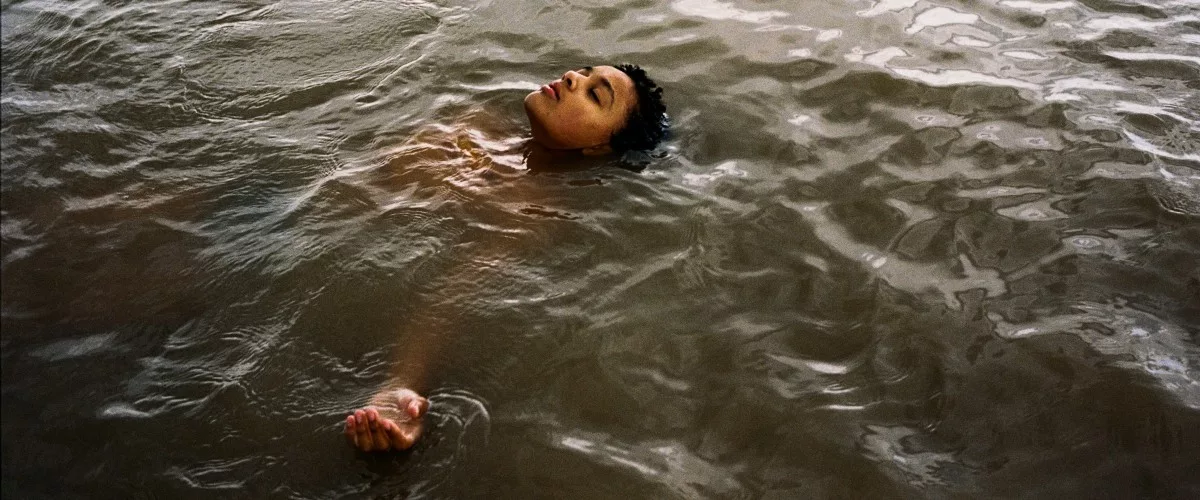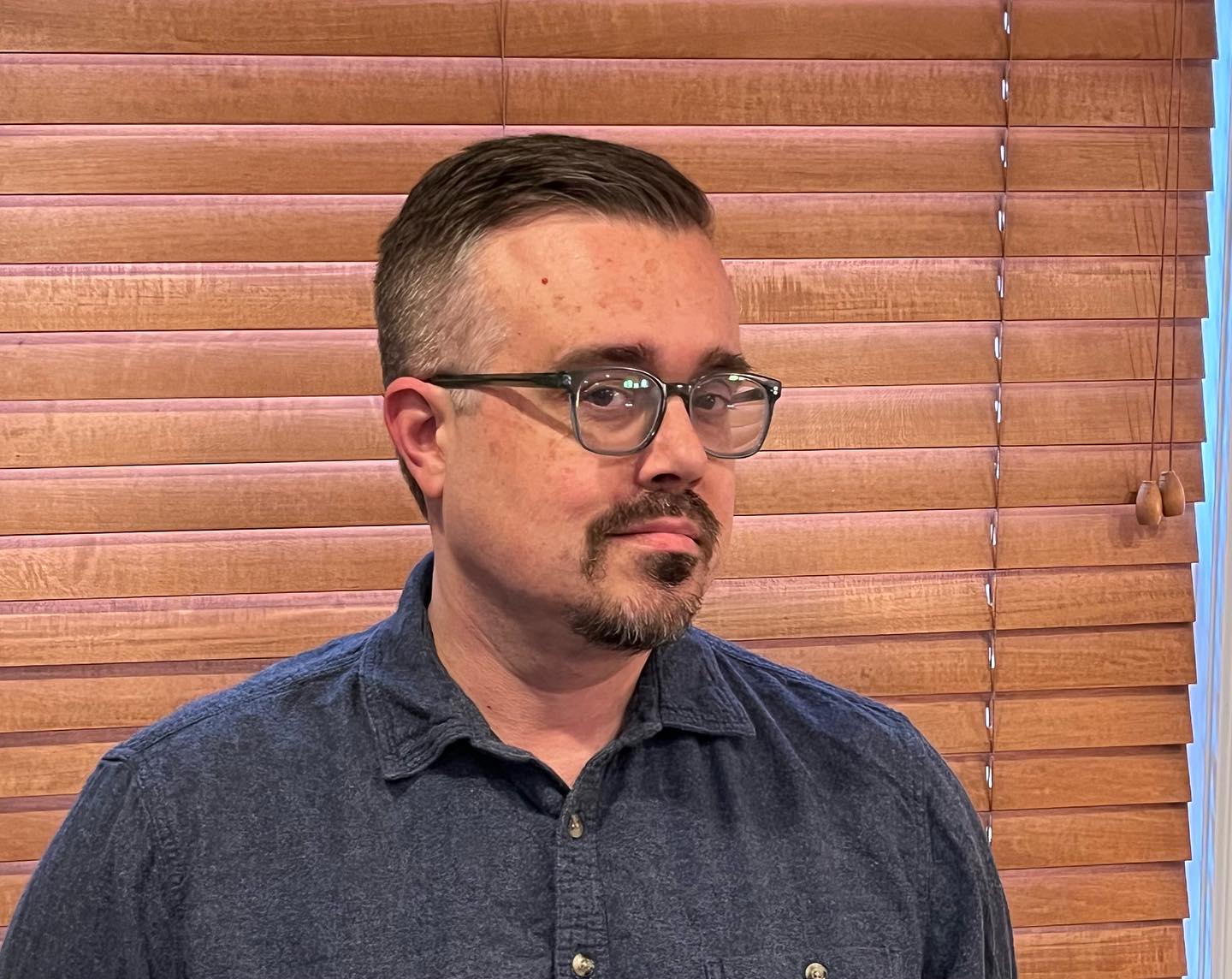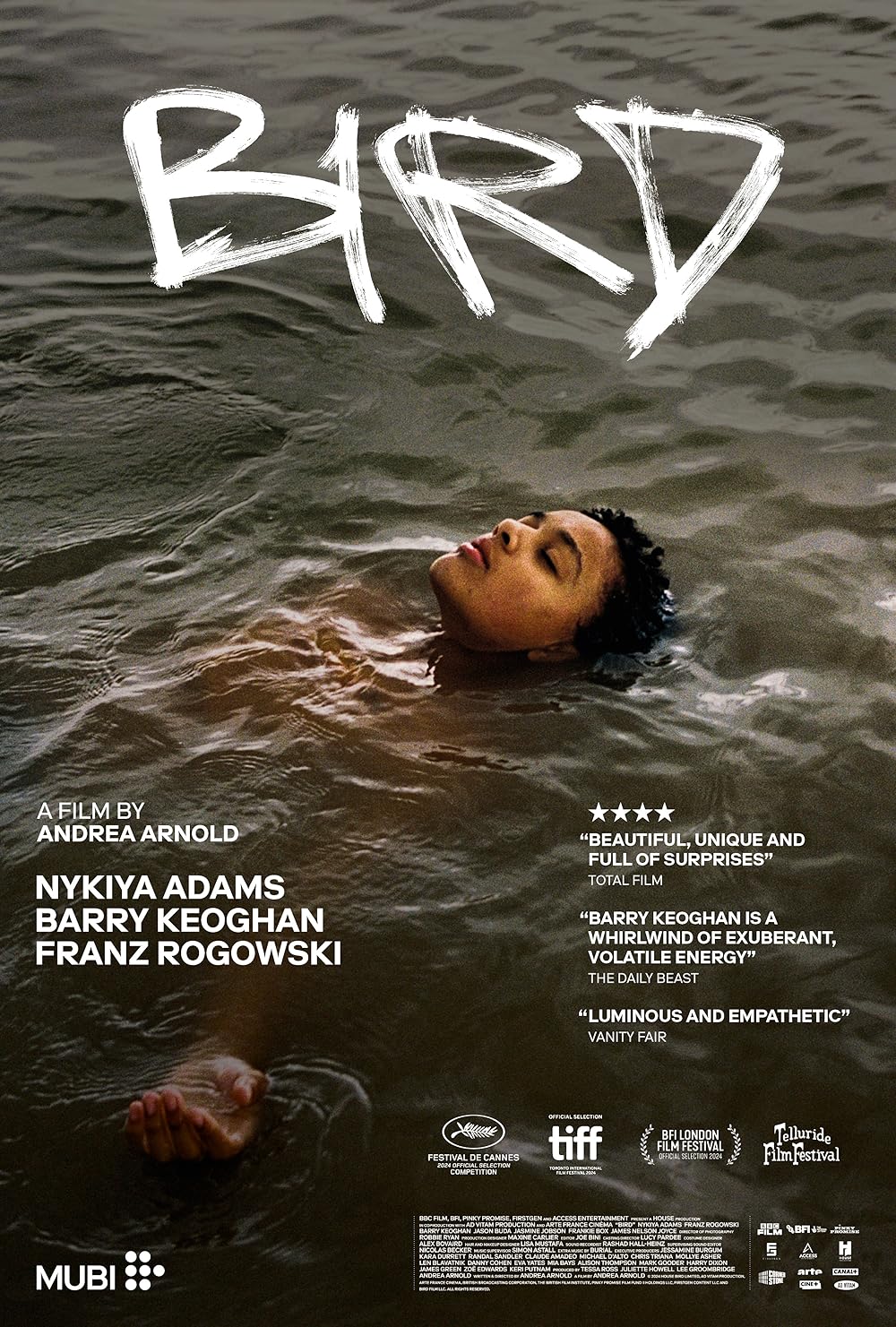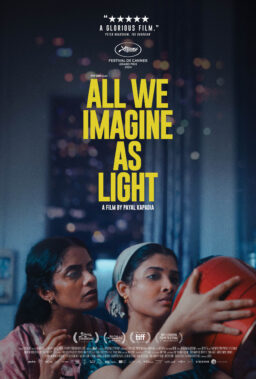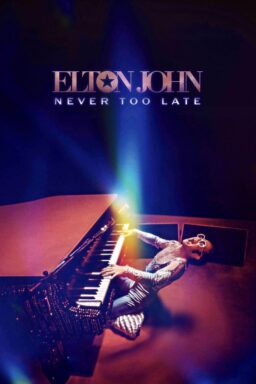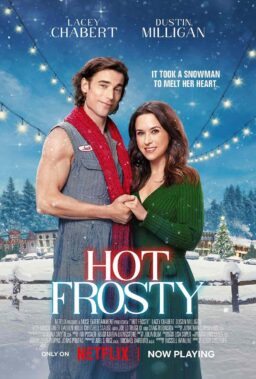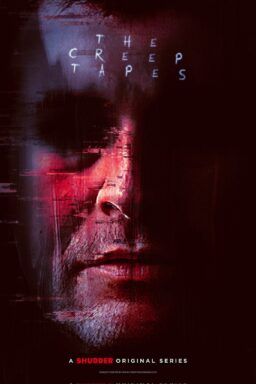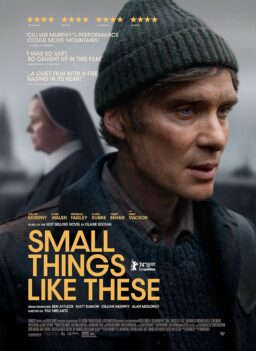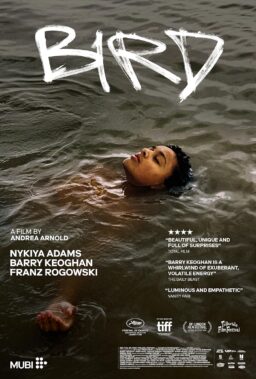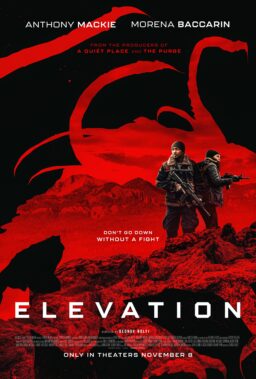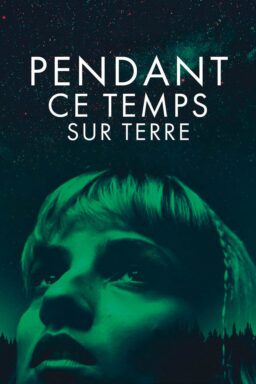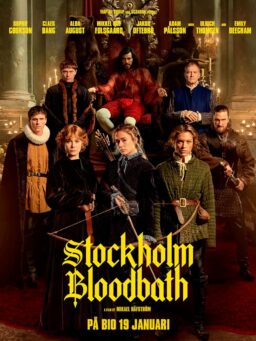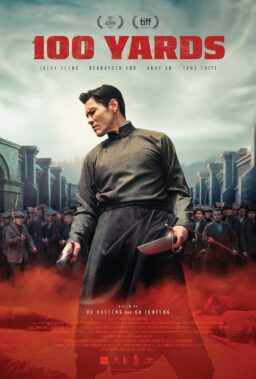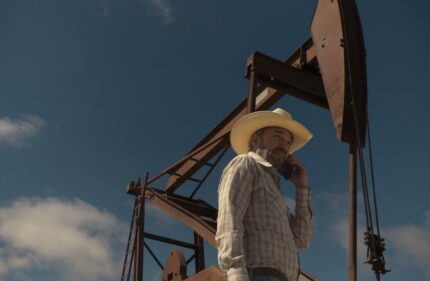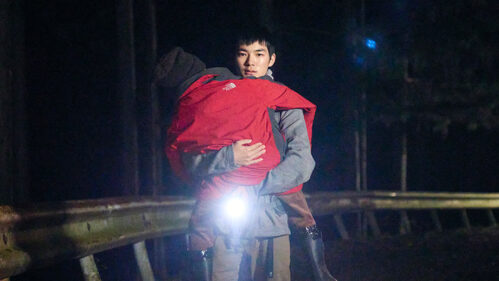Andrea Arnold's films have always had a bit of the magical in them. Still, she leans into the idea that anything really could happen in her moving "Bird," a movie that remixes thematic elements that she's used before into a brave new song. Once again, Arnold unpacks the life of a young British woman with echoes of danger that reflect her brilliant "Fish Tank" and propels a lot of scenes with popular music in a way that recalls the exuberance of "American Honey." The idea that "Bird" is too familiar/easy for Arnold is probably why it was too readily dismissed at Cannes—that and a weird belief that this movie that telegraphs its magical realism from very early in the film takes a drastic turn in the final scenes—but that's silly, as if artists have to break the mold every time they start production. Arnold's films elevate the potential of youth, and for this one, it takes a little magic to fulfill it.
Bailey (Nykiya Adams) lives in a graffiti-strewn tenement with her single father, Bug (Barry Keoghan, doing the best work of his already notable career). Like many people in her community, Bug was clearly a kid when he had a kid, leaving him to mature as he was trying to be a father. At first, Bug seems like a distant, potentially abusive figure, but it quickly becomes clear through Arnold's direction and Keoghan's phenomenal work that we should reserve judgment. Yes, he comes up with goofy schemes and rushes into marriage three months after meeting his latest girlfriend, but he cares about Bailey and her half-brother. He wants joy for himself and those he loves. The same can't be said for the monster prowling the halls of the home shared by Bailey's half-sisters across town. He's an abusive monster that's not only designed to allow us to see Bug in a different light but to remind us of the danger in the world, especially for young women like Bailey. Is it any wonder she dreams about flying away? Even her brother Hunter (Jason Buda) tries in his naïve way to put order onto an orderless society, working with his mates to create viral videos that enact vengeance on those they think deserve it.
As Bailey struggles with her place in an increasingly unpredictable world, Bird (Franz Rogowski) quite literally drops into her life. Bailey is in a field one day when the wind blows and he's just there. He says that he once lived in a nearby tenement and needs help finding his family, but it's clear something is a bit off about Bird. The way Rogowski uses his half-smile and awkward posture here is the kind of physical acting that often doesn't get the credit it deserves. It's a captivating performance — I'm not sure anyone right now knows how to use their physicality to convey character and theme quite like Rogowski.
"Bird" fluidly drops in and out of reality and something more magical. Take a scene wherein Hunter is trying to get a note to his pregnant girlfriend — more kids having kids — but her parents won't let her out of the room. Sensing that things have gotten a bit unusual in the world around her, Bailey hands the note to a bird, who drops it on the balcony upstairs. Impossible? Maybe, but it's one of those dramatic moves that Arnold makes wherein she trusts her audience to go with her on this journey. Don't ask if it's possible. Ask what it makes you feel.
It helps a great deal to have such a naturally powerful performance from a newcomer like Adams. We know what Keoghan and Rogowski can do, but it's Adams who carries nearly every frame of this film. Young performers often feel over-rehearsed, but Adams has a natural power of observation — we believe she's in the scene, witnessing events around her and making choices. Everyone here is great, a sign again of Arnold's power as a director. Her work in that department often feels underrated. There's not a bad performance in an Arnold movie to date.
There's a subplot in "Bird" wherein Bug endeavors to get a toad to produce its psychedelic slime so he can sell it to help pay for his upcoming wedding. He learns that the creature likes "sincere" music, and so they sing "Yellow" by Coldplay to the creature. It's a great scene that plays into the sentimentality in Arnold's work, too, films that are rich in authenticity but also willing to break into song to produce a sincere response in the audience. And it's echoed by a recurring use of Blur's wonderful "The Universal," which Bug is trying to learn for his wedding day. It's a song about disillusionment ("Yes, the future's been sold") that falls away when one connects with the potential of the universe. Of course, the refrain there is embedded in the entire film. After all, "It really, really, really could happen."
